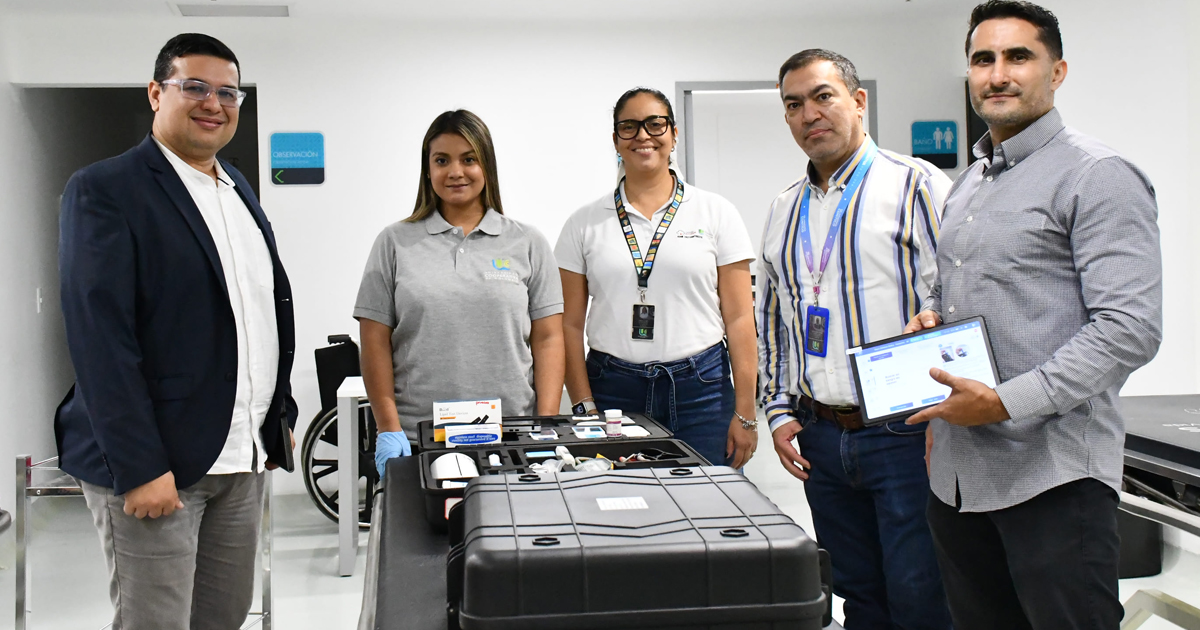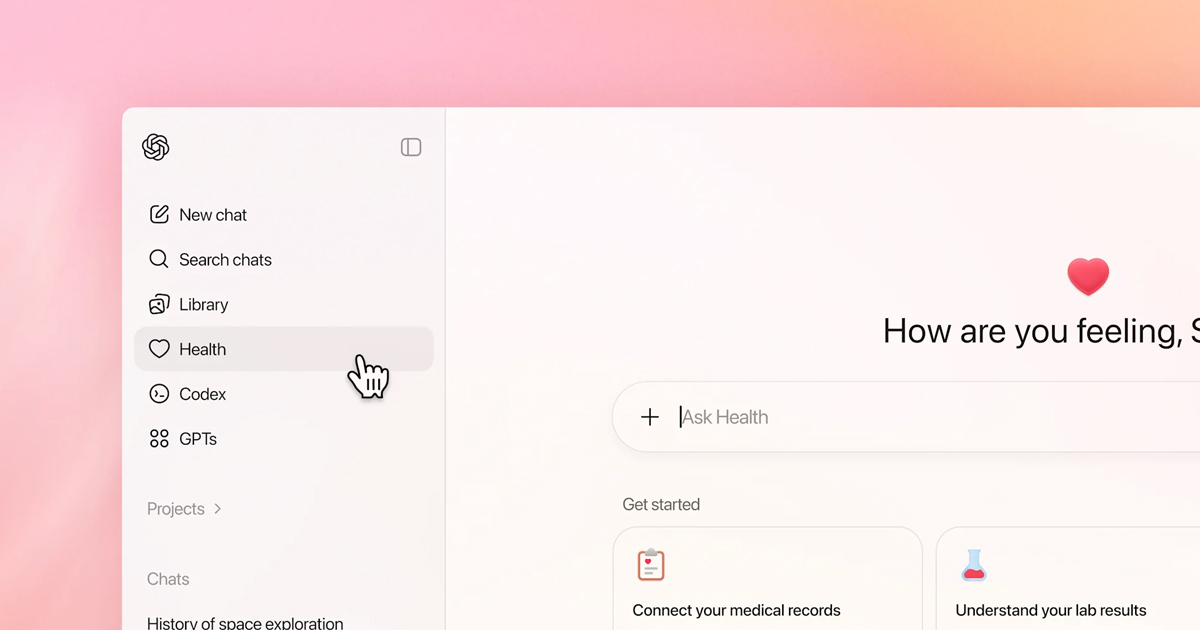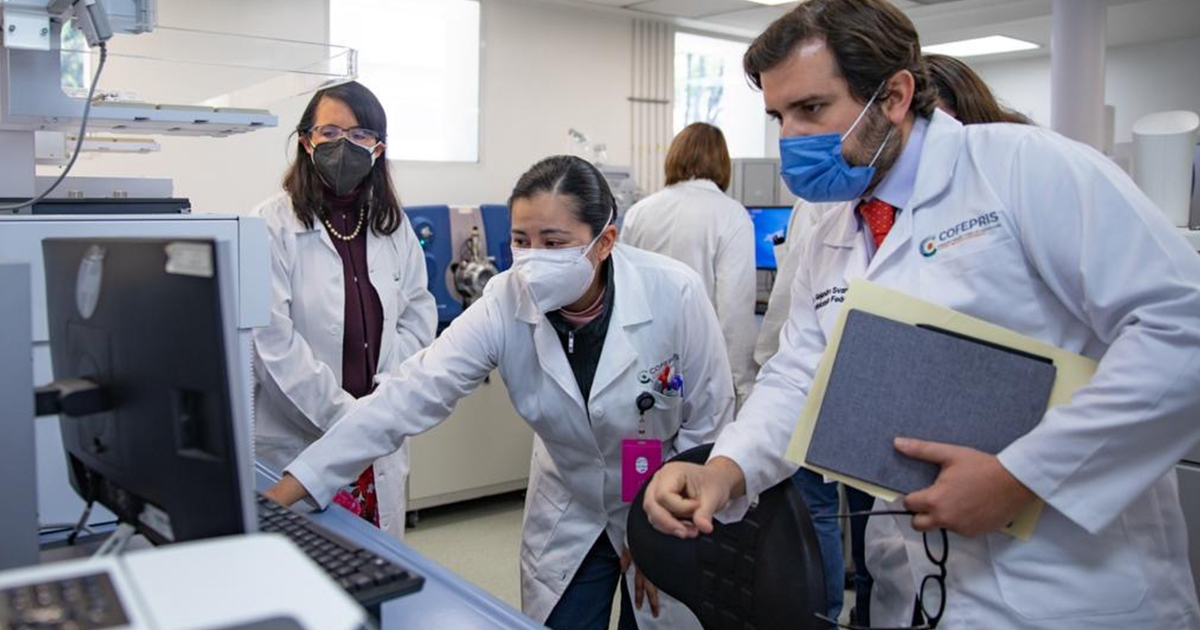Investigadores de University of Florida Health (UFHealth), han desarrollado un modelo de aprendizaje automático que puede ayudar a identificar y predecir complicaciones en intervenciones quirúrgicas.
Gracias al desarrollo de un modelo de Artificial Intelligence (AI) basado en machine learning, investigadores de UFHealth, han confirmado que es posible predecir complicaciones quirúrgicas y manejar de mejor forma estas situaciones. Además, uno de los aspectos importantes es que los médicos pueden recibir dicha información directamente en sus dispositivos móviles.
Los investigadores explican que el algorithm mostrará a través de una app móvil las predicciones precisas, y les ofrecerá a los profesionales la oportunidad de consultar información detallada de los pacientes y el riesgo de complicación en cirugía.

Los investigadores desarrollaron un algorithm llamado MySurgeryRisk, que se basa en machine learning y fue entrenado durante casi siete años utilizando más de 74 mil procedimientos médicos de 58 mil pacientes adultos. De esta forma el modelo pudo igualar la precisión de los cirujanos en la predicción de resultados quirúrgicos.
Según explican los investigadores, el sistema aprovecha la tecnología de AI para procesar datos clínicos en tiempo real, impulsando lo que llaman “canalización analítica”, que envía directamente los resultados a los dispositivos móviles de los profesionales. Este tipo de avances benefician a los cirujanos en la adquisición de habilidad y experiencia y sobre todo mejoran su capacidad de toma de decisiones.
No obstante, los especialistas detallaron que este modelo de machine learning, no solo es de utilidad gracias a sus predicciones, sino también en su manera de recolectar, recopilar y distribuir datos e información en tiempo real.
Incluso los investigadores buscan recolectar datos adicionales como la información de los monitores del ventilador y de los dispositivos de anestesia, de esta forma el modelo puede llegar a ser todavía más preciso.
La investigación original fue publicada en JAMA Network, puedes consultarla en el siguiente enlace: https://jamanetwork.com/journals/jamanetworkopen/fullarticle/2792367







